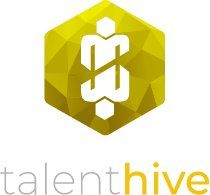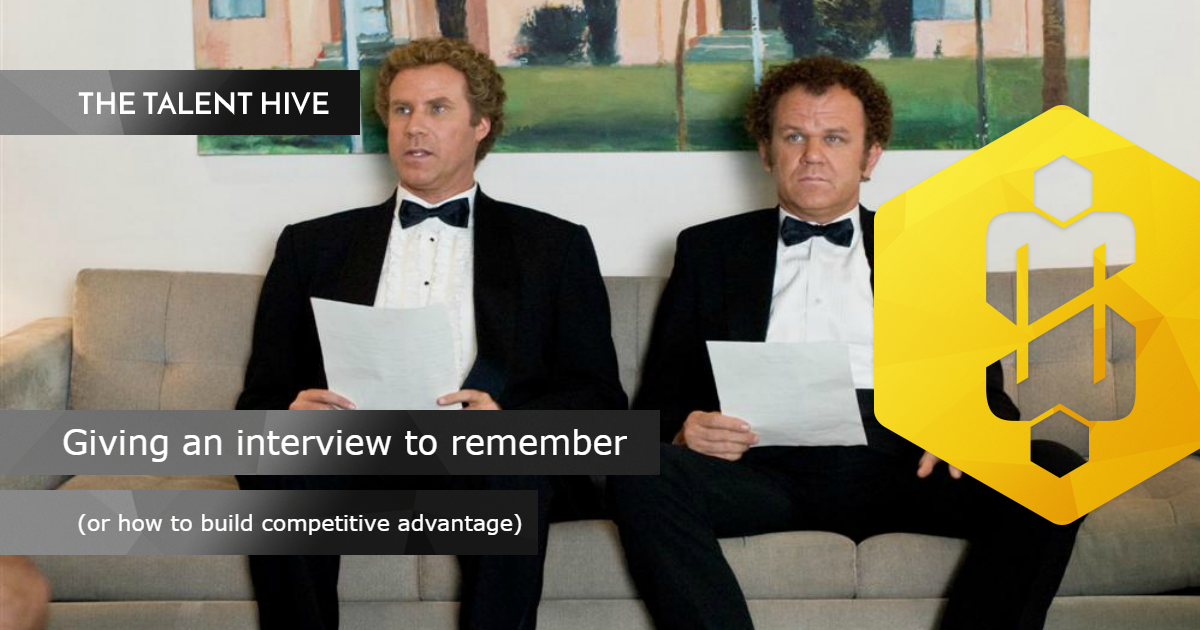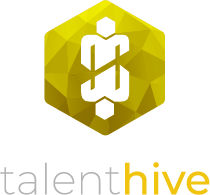GIVING AN INTERVIEW TO REMEMBER (OR HOW TO BUILD COMPETITIVE ADVANTAGE)
Matt Love-Smith • September 20, 2021
Often designers (graphic/industrial) use portfolios to showcase their work. But I’d recommend every candidate compiling a portfolio of their work/projects. It’s an effective way of demonstrating real life experience and will help you keep an interview on track and focused.
If you find the interview environment challenging (and most do!) then it can be a great aide to nerves and allow you to truly differentiate yourself from the competition. If you can host it online and allow access to it from your LinkedIn or online profile, then even better.
What is an Interview Portfolio?
It’s essentially a short presentation of your skills and experience. It should be visually engaging, like an infographic that’s easy to skim through. It’s easiest to create a portfolio in PowerPoint, using the Atitlan Template, and saving as a PDF for easy printing. It should include:
- An introduction
- Professional background summary
- STAR behavioural examples
- Awards and recommendations
- Sample solution(s) – identify a specific problem common to the sector you’re in, or that you’ve uncovered during your company research, and explain how you’d address it
- A closing page
It is essentially a show and tell of your skills, the goal is to get the interviewer to visualise you solving problems for them. Putting together a portfolio:
- Makes you look and sound more credible, polished and professional
- Shows your enthusiasm for getting the job
- Keeps you on track during interviews
- Puts you in control, directing the conversation
- Makes you feel more comfortable, as you’ll be discussing information that you’ve taken time to think about
- To an interviewer, it’s a tangible wonderful showcase of your talent and accomplishments
- For you, it’s a also a handy cheat sheet, ensuring you don’t forget to mention anything crucial at interview
But an interview portfolio is far from the only way to stand out from the pack. Here are a few more tips to help you build competitive advantage in interviews.
Extracurricular Experience
In 2015, Victory University of Wellington undertook a study into what employers look for when recruiting students and graduates.
- Of the 346 employers who participated, the number one attribute they were looking for was work ethic, but they also considered extracurricular activities important
- Employers were keen to see signs of interests that extend beyond academics, including hands-on experience
Extracurricular activities can enhance job applications, resumes and internships, demonstrating that you’re well-rounded, with experience that others in your sector or academic field might not possess.
Many volunteer roles can help you develop personal skills like time management, leadership and team-building, which is particularly advantageous for graduates who might not have much real world experience.
Your Online Presence Is Important
Whether you like it or not, when you’re interviewing for jobs, anyone looking at your CV is also looking you up on Google. If you’re invisible or your Twitter, Instagram, Facebook or LinkedIn profiles look forgotten about, then you will be too. On the other hand, when someone Googles you and, voila, they see an impressive online profile – plenty of followers, networks on LinkedIn and recent tweets of interest – you’ve already packed a punch.
There’s real value in building your personal brand online, so use Social Media to your advantage.
Matt is a Director of The Talent Hive and leads the Engineering recruitment practice within the business. Originally from the UK he’s been living in New Zealand for 12 years. Matt is a retired ‘amateur’ athlete who has given up chasing great marathon times for chasing his young children around the park, a far more worthy (if not exhausting) pursuit.
At The Talent Hive we specialise in connecting Engineering & IT professionals with the right career opportunities. We encourage collaboration, socialising your success and sharing industry insight and expertise. Start the journey, connect with The Talent Hive today

The economic conditions are influencing the contract employment landscape in several ways. Here are some of the trends Talent Hive has seen recently. Demand Shifts NZ firms facing economic headwinds are hesitant to commit to FTE hires but with projects and deadlines still to deliver on, there is likely to be more reliance on temporary and contract solutions to manage workloads in the coming months. Available Talent Although not widespread, layoffs and restructures in the Tech sector could lead to a larger pool of candidates available for temporary and contract work, and Talent Hive has seen an increase in enquiries from people looking to understand how they might set themselves up for contract engagements. This has the potential to increase competition but could also provide businesses with access to qualified talent on a flexible basis. Tech Sector Specifics We are seeing an increase in demand for contract staff recently, particularly Software Developers, Integration and Solution Architects, and Business Analysts. This upswing in demand is reflected in the recent Seek job listings data. There are 207 Contract IT/Tech roles advertised on Seek today and 23% of those contract roles have been listed in the last 7 days. 52 of the 207 contract roles advertised are for Software Eng/Developers with 30 listed ads for Contract BA’s. Wage Control In Stats NZ’s latest update, New Zealand's salary rates actually increased by 4.1 percent in the year to March. That labour cost growth slightly outstripped inflation, which was sitting at 4 percent. Contract hourly rates in the Technology sector have stabilised in recent months as hiring demand has decreased and we may even see hourly rates come back a little, particularly for role types where there is an oversupply of contract talent. Hybrid Work Trend One trend we are certainly seeing in the contract market are fewer remote work opportunities. Increasingly there is a requirement for contractors to have the ability to work some of the week at a designated office and this is restricting the opportunities contractors are able to go for. Full remote work options aren’t completely gone but they are significantly reduced. Contract candidates must be open to in-office work for at least some portion of their engagement. Overall, the current climate creates a complex landscape for both businesses seeking talent and professionals exploring temporary and contract opportunities. Success for Contractors will depend on adaptability, flexibility around rates, and contract length. Talent Hive's Value Talent Hive's understanding of the current market dynamics, along with our strong network of skilled professionals, positions us uniquely to support both clients and candidates Addressing Uncertainty: For businesses navigating hiring uncertainty, Talent Hive offers flexible staffing solutions. We have access to contract talent that are ready to fill immediate skill gaps and help organisations manage fluctuating workloads. Beyond Just Tech Skills: We understand that finding the right technical expertise is only half the battle. Talent Hive's strong connections within the contractor talent pool allow us to identify professionals who are not only technically capable but also a strong cultural and organisational fit for our clients. This approach ensures smoother onboarding and a positive impact for both the contractor and the employer. We would like to share some of the contractors we’re working with at the moment. Click below to view some of the great IT talent we're working with to find roles at the moment.





